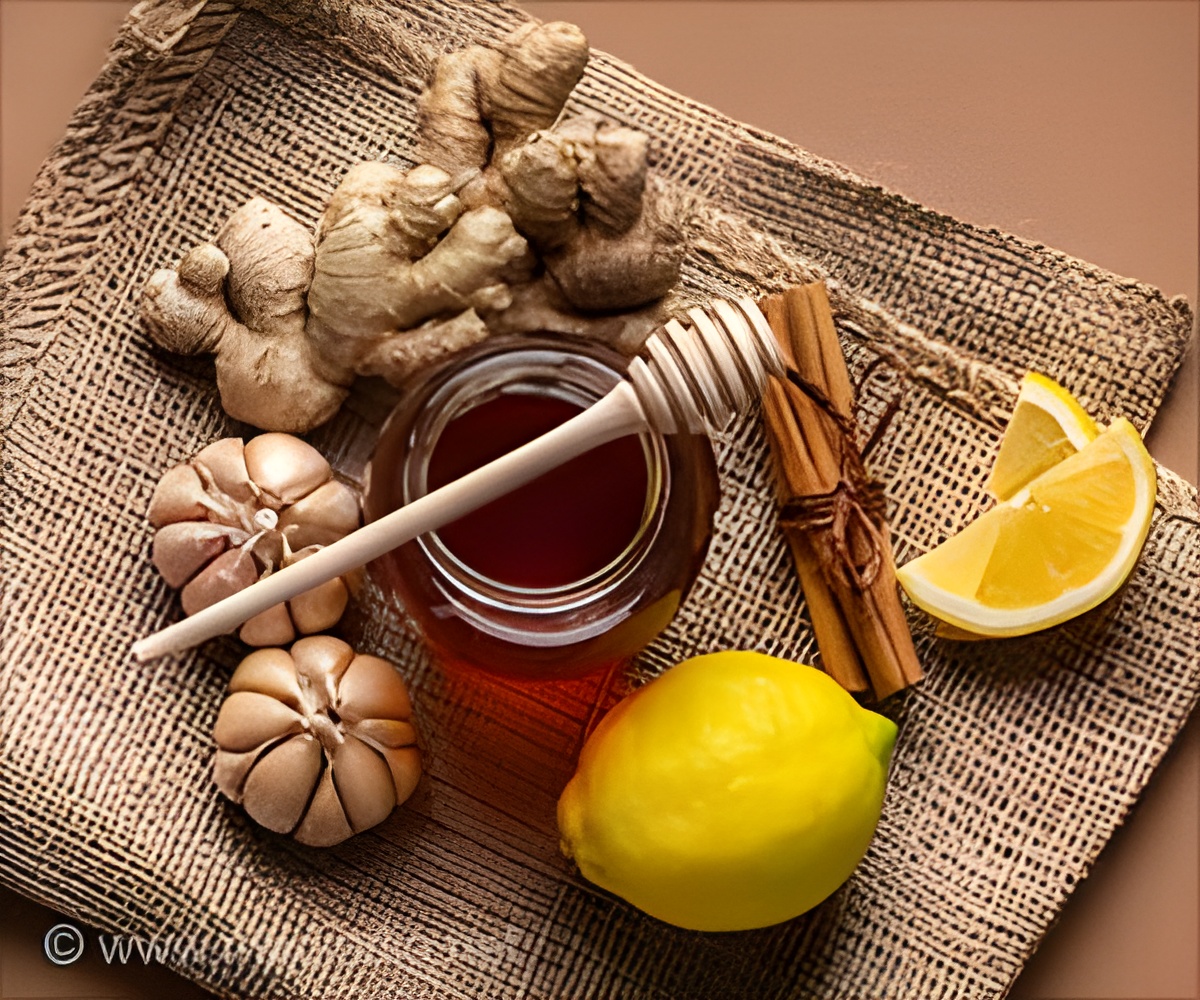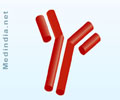Immunity boosters and other medications have led to an increase in cases of acidity, stomach ulcer, constipation, and piles during covid-19 lockdown

- Immunity boosters increase the risk of stomach problems like acidity, ulcers, constipation and piles
- The sale of OTC products like vitamin C and D and zinc supplements has also increased
- Consult your doctor before taking herbal remedies, vitamins, and other OTC supplements
Read More..
These herbal concoctions, also called ‘kadhas’ usually contain ginger, garlic, asafetida, turmeric. The sale of over-the-counter (OTC) products like vitamin C and D, zinc supplements has also increased.
According to The Essential Toxin: Impact of Zinc on Human Health, published in International Journal of Environmental Research and Public Health, zinc in excess can lead to copper deficiency and cause lethargy.
In addition to increasing cases of stomach ulcers and acidity in the lockdown period and even now, there were cases of bleeding through the rectum due to irritation of the piles formation, burning sensation in the stomach and chest.
Patients who didn’t respond to medications required endoscopy. Stomach ulcers and internal injury to the stomach were diagnosed using gastrointestinal endoscopy. Many coronavirus positive patients had loose motions and pain abdomen.
Dietitian Preethi Raj has given simple tips on natural immune boosters, their role, and how much should be consumed.
- Turmeric
- Active ingredient- Curcumin
- Has antiviral and anti-inflammatory properties
- Freshly ground turmeric
- It should be stopped immediately if the person feels bloated and has cramps
- Use not more than half a teaspoon (3 grams) if taken in the concoction
- Ginger
- Active ingredient- Gingerol
- Fresh ginger maintains the health of the digestive tract. Ground ginger removes toxins from the lungs. People can consume ginger lemon juice
- It should be stopped immediately if the person experiences gastrointestinal discomfort
- Fresh ginger juice - No more than 2 teaspoons (10ml)
- Dried ginger - 1 teaspoon (4-5 grams)
- Garlic
- Active ingredient - Allicin, disulphate, and thiosulphate
- Removes toxins from the lungs. It aids in good digestion
- It should be stopped immediately if you develop symptoms of bloating, and weakness
- Fresh garlic - No more than 1 teaspoon and a half (7 grams)
- Dried garlic - A pinch (300gm)
- Coriander and Cumin
- Cumin – cuminaldehyde
- More effective when taken together
- Helps in bowel movement. It also helps to build immunity as it is rich in magnesium, selenium, potassium, and calcium
- The person should not exceed 600mg of cumin and a few seeds (1 gm) of coriander in a day if he has low blood pressure
- Black Pepper
- Active ingredient - Piperine
- It helps to remove toxins from the lungs and increases the production of T-cells, which help to fight infection. It has anti-inflammatory properties and strengthens the immune system (helps the cell to engulf the bacteria)
- Should be combined with vitamin-A rich foods like carrots as it improves the absorption of curcumin and beta carotene
- It should be stopped immediately if there are gastrointestinal issues, heartburns
- Less than 4 grams of pepper kernels should be consumed in a day
- Fenugreek
- Has anti-inflammatory, anti-oxidant and antiviral properties
- Helps decrease blood sugar and cholesterol
- Sprouted fenugreek has anti-oxidant properties and can be consumed on an empty stomach to increase absorption. It should be stopped immediately if the person experiences intestinal distress Less than 1 teaspoon (5 grams) should be consumed as more quantities of fenugreek can lead to liver toxicity, fatty liver, and even cirrhosis.













